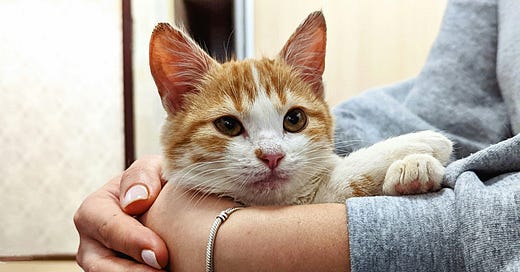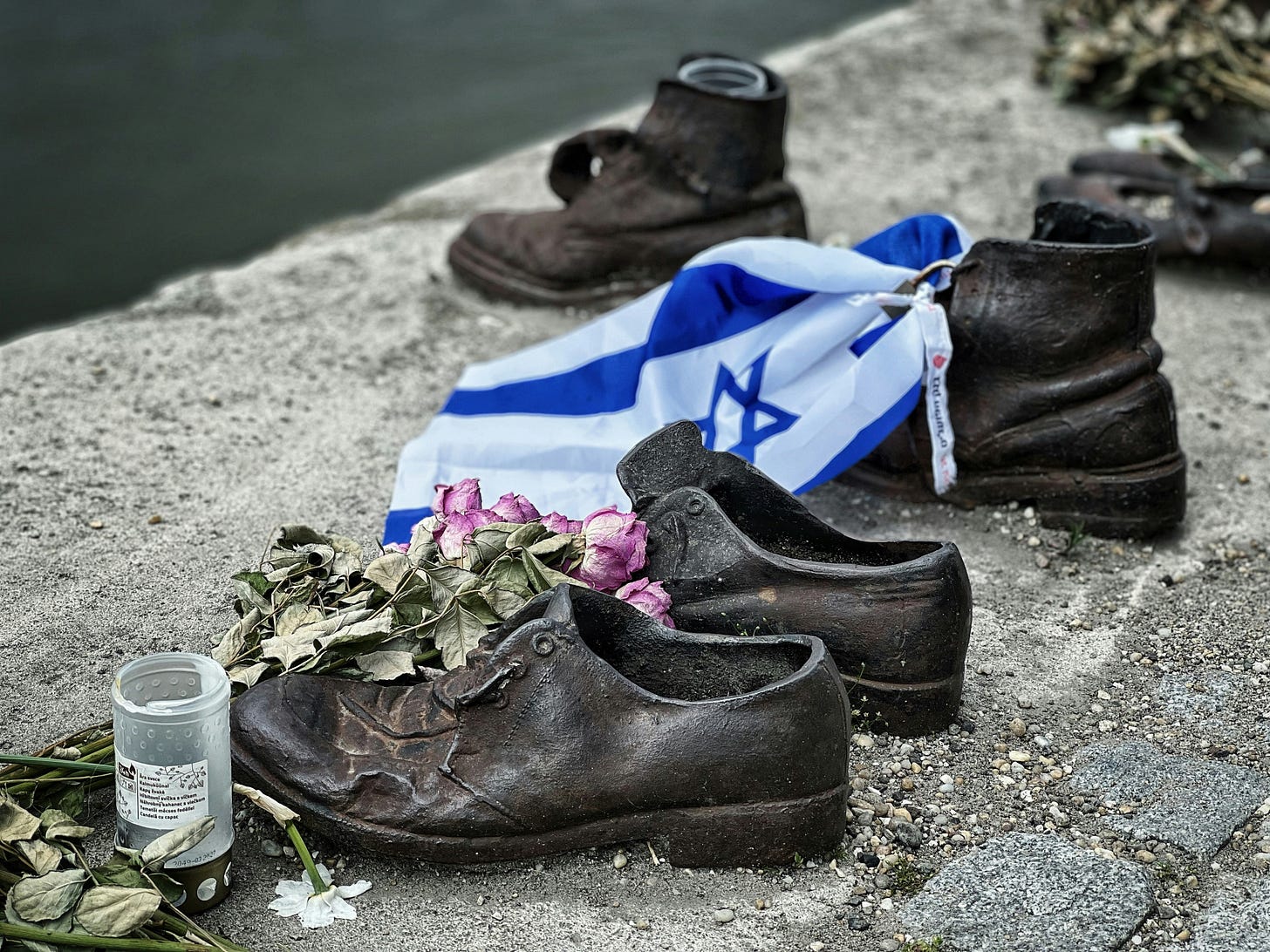Photo by Roman Synkevych on Unsplash
WE ARE STRANGE CREATURES, we human beings. We dread change, though we live in a constant state of flux. We long for safety, while our lives are full of dangers. We seek immortality despite the fact that the only thing we know for certain is that we will die one day.
The longing for safety seems like a particularly cruel built-in feature, because there are so many ways for us not to feel safe. We are beset by physical dangers, psychological dangers, emotional dangers. We feel safe in brief moments, little pockets of calm in a river that races and boils its way to the sea.
Our need for those moments of security is powerful, though. It drives us in ways we don’t fully understand. Psychologist Abraham Maslow saw it as one of our most important requirements, putting safety toward the bottom of his famous hierarchy of human needs. The need to feel safe—on whichever level—drives much of human behavior.
Maslow’s hierarchy of human needs
I’VE BEEN THINKING ABOUT SAFETY quite a lot these days in the context of being Jewish. The drive for safety played a huge role in Zionism, as European Jews, reeling from centuries of persecution, recognized that they would never be safe until they had their own homeland. The longing for safety has been an integral part of the Israeli response to the Hamas attacks of October 7th, and to the Palestinian movement for an independent homeland.
And now safety is one of the reasons being offered up for the Israeli attacks on Iran: Israel can never feel safe if Iran has nuclear capabilities.
I’m no expert on Iran, or nuclear capabilities, or the geopolitics of the Middle East. I’ll let other more qualified voices weigh in on those.
What interests me more is how our pursuit of security, safety, בטחון, plays out. So much of what we do starts as a longing to feel safe. To feel like we’re in control of our world and can protect ourselves from dangers, real or imagined.
Yet we all know in our hearts that safety is ephemeral at best, an illusion at worst. The feeling of safety is a kind of collective delusion along the lines of the emperor’s new clothes: If we say we feel safe, then we are safe. At least for right now.
This kind of magical thinking is a key aspect of being human. Without our illusions of safety, we might still be huddled under the proverbial covers, eyes screwed shut, fingers in our ears, shaking.
But the pursuit of safety and security leads us into some very murky waters. When do we feel safe enough to climb out from under those covers and go about our lives? It’s tempting to try for just a little more safety, and a little more. To lock down the guarantees that enable us to relax.
Photo by Nemanja Ćirić on Unsplash
LIFE IN MODERN-DAY ISRAEL HAS NEVER FELT SAFE. Since well before 1948, Jews in the region have experienced real danger in the form of attacks, suicide bombings, missiles, terrorism, and outright war.
In an earlier post, I quoted journalist Ari Shavit on the reality of life in his native land. It’s worth quoting again here: “The Jewish state does not resemble any other nation. What this nation has to offer is not security or well-being or peace of mind. What is has to offer is the intensity of life on the edge. The adrenaline rush of living dangerously, living lustfully, living to the extreme. Bottom line, I think, Zionism was about regenerating Jewish vitality. The Israel tale is the tale of vitality against all odds.”
On the one hand, we long for safety: freedom from threat, from fear, from attack. On the other hand, we thrive despite this lack of safety—or maybe, Shavit suggests, because of it. Danger makes us feel alive. It keeps us nimble, agile, awake and aware.
I’m aware of how these conflicting feelings play out in my own life. On the one hand, I desperately want to feel the security of that kitten in someone’s lap, encircled and contained and protected. I want to stay home, control my environment, be safe.
The idea of an all-powerful God keeping us safe is infinitely appealing, whether we believe in such a God or not. In the words of the Hashkiveinu, one of the daily evening prayers:
הַשְׁכִּיבֵֽנוּ, יְיָ אֱלֹהֵֽנוּ, לְשָׁלוֹם, וְהַעֲמִידֵנוּ שׁוֹמְרֵֽנוּ לְחַיִּים, וּפְרֹשׂ עָלֵֽנוּ סֻכַּת שְׁלוֹמֶֽךָ, וְתַקְּנֵֽנוּ בְּעֵצָה טוֹבָה מִלְּפָנֶֽךָ, וְהוֹשִׁיעֵֽנוּ לְמַֽעַן שְׁמֶךָ. וְהָגֵן בַּעֲדֵֽנוּ, וְהָסֵר מֵעָלֵֽינוּ אוֹיֵב, דֶּֽבֶר, וְחֶֽרֶב, וְרָעָב, וְיָגוֹן, וְהָרְחֵק מִמֶּֽנּוּ עָוֹן וָפֶֽשַׁע. וּבְצֵל כְּנָפֶֽיךָ תַּסְתִּירֵֽנוּ, כִּי אֵל שׁוֹמְרֵֽנוּ וּמַצִּילֵֽנוּ אָֽתָּה, כִּי אֵל חַנּוּן וְרַחוּם אָֽתָּה. וּשְׁמֹר צֵאתֵֽנוּ וּבוֹאֵֽנוּ לְחַיִּים וּלְשָׁלֹם מֵעַתָּה וְעַד עוֹלָם. בָּרוּךְ אַתָּה יְיָ, שׁוֹמֵר עַמּוֹ יִשְׂרָאֵל לָעַד.
Translation: Grant, O God, that we lie down in peace, and raise us up, our Guardian, to life renewed. Spread over us the shelter of Your peace. Guide us with Your good counsel; for Your Name’s sake, be our help. Shield and shelter us beneath the shadow of Your wings. Defend us against enemies, illness, war, famine and sorrow. Distance us from wrongdoing. For You, God, watch over us and deliver us. For You, God, are gracious and merciful. Guard our going and coming, to life and to peace evermore.
On the other hand, letting go of the powerful illusion of safety enables me to open myself up to the world. It sends me to other countries, other experiences, other points of view. It keeps me alert and awake emotionally, spiritually, and psychologically as well as physically.
Our lives are rooted in the dichotomy between these two very human states of being. We need them both. To live in only one or the other is to shut ourselves off from the emotional urgency of being alive.
Our lives are rooted in the dichotomy between these two very human states of being. We need them both.
As someone who naturally inclines toward the longing for safety, I have to remind myself of this truth every day. There are times when we not only want to retreat under the covers but need to. We require that illusion of safety, however ephemeral. We require time and space and energy to recover from trauma and distress, to right ourselves emotionally.
But we also need the boldness of spirit to explore, to experience, to truly live.
The key for humans has always been to balance these opposing needs. How do we find the safety we require without either wrapping ourselves in illusions or blasting other people into oblivion? How do we make ourselves feel safe without endangering others?
These questions feel particularly apt right now, on Day 622 of the war between Hamas and Israel and Day 9 of the war between Iran and Israel.
How we answer them will change not only our own internal worlds but the world as we know it. May we make those decisions with intention and with as much awareness as possible of all the potential consequences.






